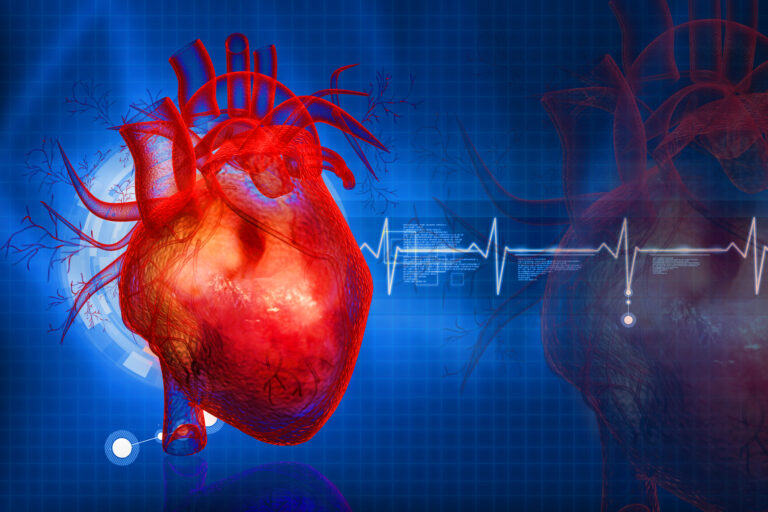Deaths resulting from heart attacks have dropped thanks to progressive lifesaving medical techniques; however, the incidence is rising at alarming rates. The incidence of all cardiovascular-related problems is increasing, despite the many drugs that are prescribed in an attempt to control it.
What needs to be looked at is the WHY. What is going on that our body responds in such a negative, contra-survival manner? The body is not a “bad body”. The body does what it knows to do to protect itself. The body doesn’t just get up one day and say “Hey, I have nothing to do– I think I’ll have a heart attack today and make this persons life miserable!” This isn’t a disease that magically appears overnight. The body in its innate intelligence will adapt again and again in any way possible to help remedy things going awry inside of it. Unfortunately, the protective mechanisms it uses can eventually cause the very problems it’s trying to prevent.
Let’s take cholesterol for instance. Cholesterol (amongst MANY healthy functions in the body) is the body’s healing serum. If there is tissue breakdown, the body will bring cholesterol in to heal the tissue. That’s good. That’s healthy. Well, what happens if something (such as a medication) prevents the body from doing that? The body will try something else. The next step is it will lay down calcium to provide a stronger (but less flexible) protection. This is called plaque. Plaque is made up of cholesterol, cellular waste products, calcium and several other constituents. Excess plaque in the blood is commonly called arthrosclerosis – hardening of the arteries. Plaque can cause clot formation resulting in strokes or heart attacks. So what have we gained?
But what causes tissue breakdown, especially in the vascular walls, and what can we do about it? The most common causes include irritation from smoking, high blood pressure, elevated triglycerides, homocysteines, acids from caffeine, and many other food-related irritants. Since the body is always rebuilding itself on a daily basis, if the raw materials needed for the body to rebuild are missing from the diet, eating habits become a major causative factor.
Eating a healthy diet rich in vegetables (especially green leafy vegetables and the red vegetable family), avoiding irritating foods (such as margarines, hydrogenated fats, caffeine, carbonated beverages, sugar, etc.) and supplementing with good nutritional vitamins made of concentrated foods (not chemicals) is a good start.
Also, consider acupuncture. Research and clinical experience has shown acupuncture to have a profound effect on the cardiovascular system. According to a published research abstract in MedLine “Experimental studies in animals and clinical studies in humans have demonstrated that acupuncture can exert significant effects on the cardiovascular system and provide effective therapy for a variety of cardiovascular ailments [emphasis added].
According to The Journal of the Association of Physicians of India “Non-drug therapies are vital in preventing and treating hypertension. The successive reports of the Joint National Committee on Prevention, Detection, Evaluation and Treatment of Hypertension, WHO Scientific Report On Primary Prevention Of Essential Hypertension and National High Blood Pressure Education program’s Working Groups Report on Primary Prevention of Hypertension have stressed on non-drug therapies. Today busy family physicians do not spend enough time explaining to the patient various dietary and lifestyle modifications but straightaway prescribes medication.” Recommending acupuncture and solid qualified nutritional therapy (not just a diet to control the disease), but nutrition to remedy the cause of the disease, should be first.
The body can heal what goes wrong. We just have to look for those causative factors and change them.
Working together we can arrest the escalation of cardiovascular disease. If not worldwide, at least in this community – at least YOU!
©2005 Holly A. Carling, O.M.D., L.Ac., Ph.D.







